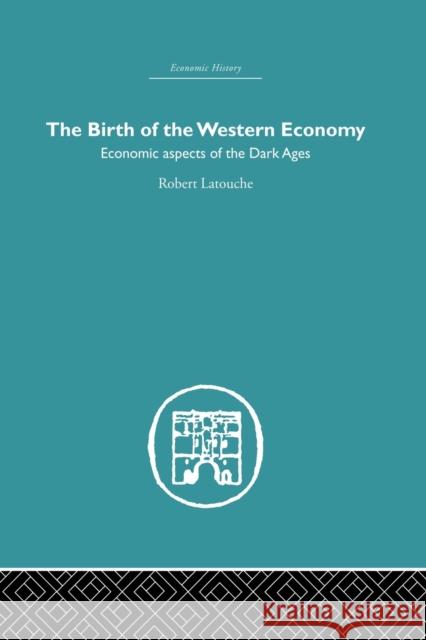The Birth of the Western Economy: Economic Aspects of the Dark Ages » książka
topmenu
The Birth of the Western Economy: Economic Aspects of the Dark Ages
ISBN-13: 9780415846257 / Angielski / Miękka / 2013 / 376 str.
The Birth of the Western Economy: Economic Aspects of the Dark Ages
ISBN-13: 9780415846257 / Angielski / Miękka / 2013 / 376 str.
cena 243,34
(netto: 231,75 VAT: 5%)
Najniższa cena z 30 dni: 236,70
(netto: 231,75 VAT: 5%)
Najniższa cena z 30 dni: 236,70
Termin realizacji zamówienia:
ok. 22 dni roboczych.
ok. 22 dni roboczych.
Darmowa dostawa!
First published in 2005. Routledge is an imprint of Taylor & Francis, an informa company.











